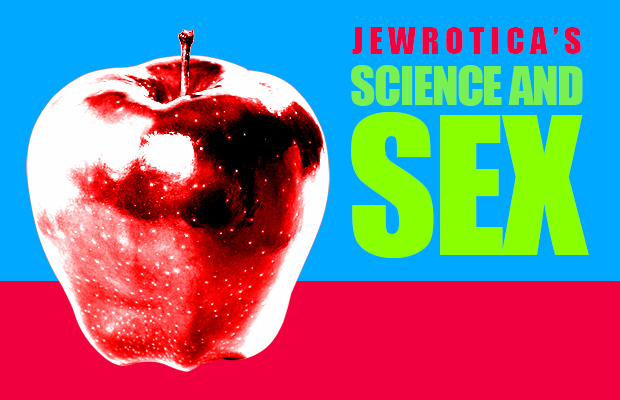Merging the Gene Pools in Israel

Written by Joseph Dunsay. After earning a Masters of Science in Ecology and Evolution, Joseph Dunsay became a science writer for international audiences. Find more Jewrotica writing by Joseph here.

The Torah describes how Jews grew from a household to a nation. It has stories of the first Jewish generations that contain lessons on family values. Concern for relatives is a natural part of human life and has contributed to Jewish solidarity for thousands of years. A modern writer suggested that Israelis harness family loyalty to promote peace by merging the Jewish and Arab gene pools in Israel. He believes that intermarriage would bring about peace by causing Jewish Israelis be kinder to Arabs once they have Arab relatives. His plan for making love, not war, has some scientific merit, but it is not the only possible path to peace.
Kin selection is an evolutionary phenomenon that makes an individual altruistic towards his relatives. It happens, because evolution works on alleles, not individuals. Siblings share half their alleles. A person who sacrifices himself to save two siblings neither gains nor looses anything from an evolutionary perspective There is a net evolutionary gain when a person sacrifices himself to save three siblings or 5 aunts and uncles, because the sacrifice causes more of his alleles to persist. The evolutionary benefits of altruism decrease as the recipients of the altruism become more distantly related to the altruistic person. There is no kin selection to promote altruism between unrelated people.
Although there has been debate between fans of kin selection and group selection, the evidence supporting kin selection is overwhelming. Kin selection drives sterile bees, ants, and termites to help the reproducing members of their colonies. Those who believe in group selection say group selection causes unrelated members of a group to be altruistic towards one another. The evidence for group selection is not as strong as the evidence for kin selection, but it is possible that both phenomenons happen in nature.
Research on altruism among rats indicate that mammals often help unrelated individuals in distress. The experiments placed two rats together, one captive in a cage and the other free. The free rat often released the captive rat from the cage. The free rats do this even when there is chocolate nearby to distract them from freeing the captive rats. It’s possible that this altruism is a side effect of the parental instinct rats have to care for their offspring and that the behavior is tied to empathy. Inbal Ben-Ami Bartal from the University of Chicago found that all the free female rats in her experiment released their captive neighbors but only three quarters of the free male rats broke their caged neighbors out of their prisons.
If an interfaith Israeli couple falls in love and wants to wed, they have every right to do so, but it is unnecessary to pressure young Israelis to seek out partners from outside their faiths. Compassion for neighbors may not be as common as compassion for relatives, but it exists in mammals. Basic empathy and good leadership can bring about peace in Israeli without efforts to socially engineer the nation with the reproductive habits of young adults.












0 comments